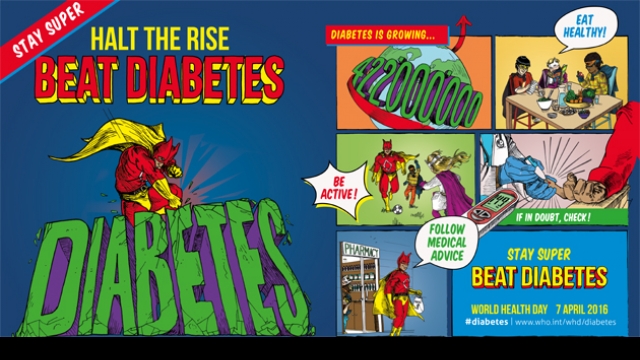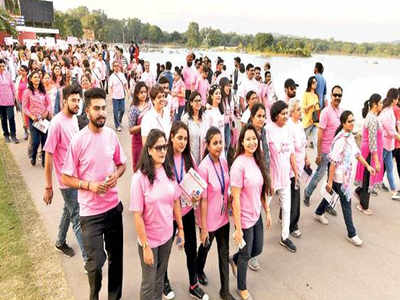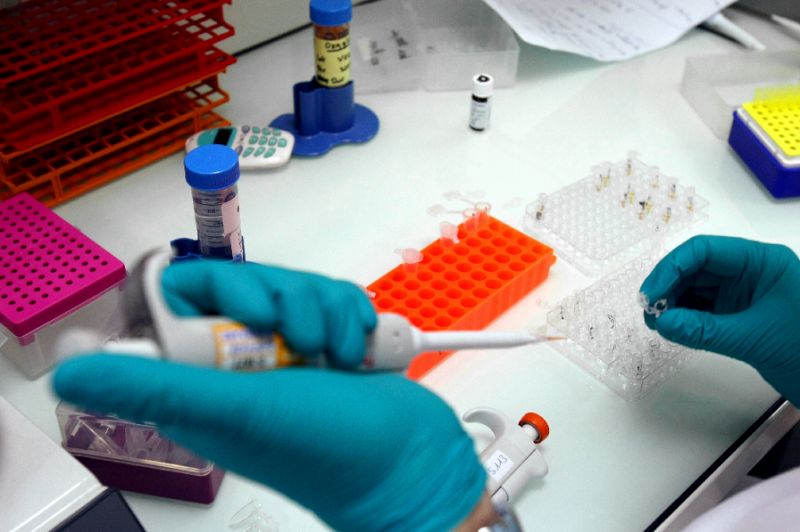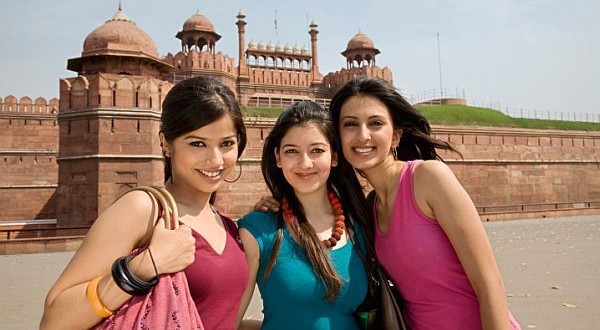New Delhi|HL Correspondent
According to the recent WHO report, the number of people with diabetes in India almost doubled from 32 million in 2000 to 63 million in 2013.
In India, according to WHO, around 75,900 males and 51,700 females in the age group of 30-69 years died due to diabetes in 2015, whereas 46,800 males and 45,600 females above 70 years of age died of the disease.
It became world’s 7th largest killer disease by 2030.
Diabetes was the theme for the World Health Day set by the WHO for the year 2016.
At present 70,000 youngsters suffer from diabetes in India, which every year increases by a percentage of 2-3 percent due to the inactive lifestyle.
This year, the World Health Organization (WHO) has issued its first Global report on diabetes, outlining the scale of the problem and suggesting ways to reverse current trends. The burden of diabetes is not equally shared, within or between countries. People in low- and middle-income countries are disproportionately affected. Wherever poverty is found, there are also disease and premature deaths.
Diabetes affects countries’ health systems and economies, through increased medical costs and lost wages. In 2011, world leaders agreed that non-communicable diseases, including diabetes, represent a major challenge to achieving sustainable development. Last year, Governments adopted the Sustainable Development Goals, which include the target of reducing premature mortality from non-communicable diseases by one-third.
In her video message, WHO Director-General Margaret Chan said the agency decided to devote this year’s World Health Day to diabetes for many reasons. “The prevalence of diabetes is alarming and is rapidly getting worse. This is a worrying worldwide trend,” she said, calling for healthier lifestyles.










